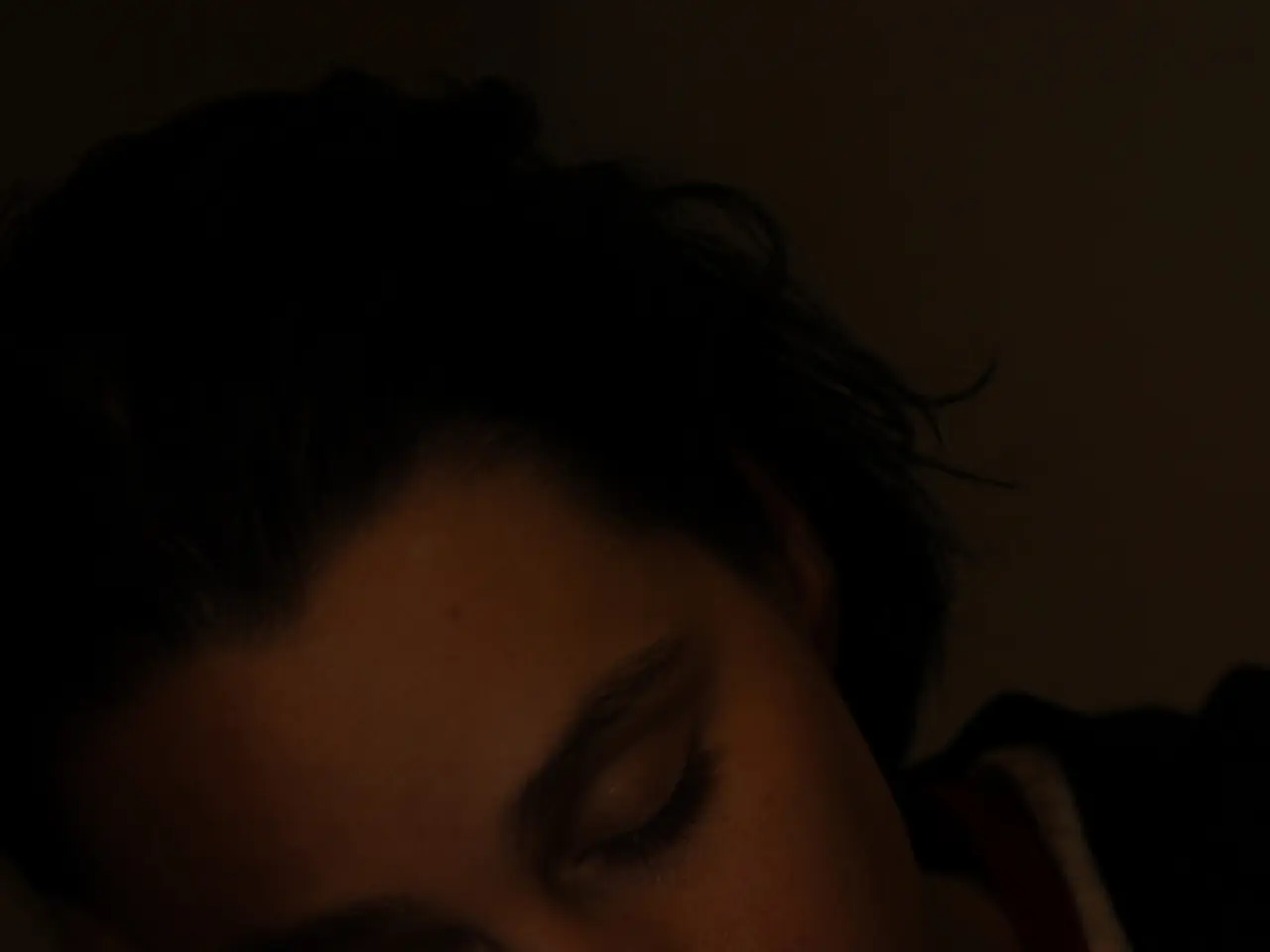Uncovering Secret Strategies to Maintain Awareness Despite Warm Temperatures
Navigating Heat-Induced Fatigue: Understanding the Impact of High Temperatures on Energy Levels
High temperatures can leave us feeling tired and sleepy, and it's important to understand why this happens. Heat primarily makes us feel sleepy because it disrupts the body's natural temperature regulation and induces physiological stress that leads to fatigue.
Thermoregulation Disruption
The body cools itself before sleep by decreasing core temperature and increasing skin temperature. However, heatwaves prevent this cooling, making it harder to fall and stay asleep.
Physiological Stress Response
Heat is perceived as a stressor by the brain, which lowers energy, motivation, and mental stamina. Heat also increases cortisol levels, enhancing stress and anxiety, further draining energy.
Dehydration
Heat causes fluid loss through sweating, leading to dehydration that impairs sweating efficiency, reduces blood volume, and hinders nutrient transport and energy production in cells. Dehydration reduces blood flow and oxygen delivery to the brain, impairing cognitive function and increasing daytime fatigue.
Cardiovascular Strain
Elevated temperatures increase heart rate and blood pressure, adding physical stress and fatigue.
Sleep Disruption
Heat causes restlessness and frequent waking, decreasing restorative sleep stages like REM and deep sleep, which are critical for mental and physical recovery.
Emotional and Cognitive Fatigue
Heat stress makes emotional regulation harder, resulting in irritability and mental exhaustion, compounding the feeling of tiredness.
Tips for Managing Heat-Induced Fatigue
- Maintaining sufficient hydration throughout the day can help combat drowsiness caused by heat.
- Using sunscreen protects the skin from harmful UV rays that can contribute to fatigue and health risks.
- Incorporating cooling methods like cold beverages or a fan can help maintain a comfortable environment.
- Wearing lightweight, breathable fabrics like cotton and linen can help the body stay cool.
- Limiting sun exposure during peak hours can help manage sleepiness and maintain energy.
- Seeking shade or using umbrellas and hats during the hottest parts of the day can reduce direct sun exposure.
- Consuming salty snacks can help replace lost electrolytes and fluids.
- Elevated temperatures can cause a drop in blood pressure, leading to feelings of fatigue and sleepiness. A drop in blood pressure may indicate heat stroke and require medical attention if accompanied by symptoms like nausea or dizziness.
Understanding why heat makes you sleepy provides insights into your body's needs and helps navigate the heat wisely. Staying hydrated is essential for combating heat-induced drowsiness. Remember, taking care of your body in hot weather is crucial for maintaining energy levels and overall health.
[1] National Sleep Foundation. (2019). How Heat Affects Sleep. Retrieved from https://www.sleepfoundation.org/articles/how-heat-affects-sleep [2] Mayo Clinic. (2020). Heat exhaustion. Retrieved from https://www.mayoclinic.org/diseases-conditions/heat-exhaustion/symptoms-causes/syc-20369329 [3] American Physiological Society. (2018). How the body responds to heat. Retrieved from https://www.physiology.org/doingscience/content.aspx?id=7338 [4] National Institutes of Health. (2020). Heat-related illnesses. Retrieved from https://medlineplus.gov/heatrelatedillnesses.html
- Choosing the right bedding, such as adjustable beds with cooling technology, can provide comfort during hot nights, helping to maintain a comfortable temperature and reduce heat-induced fatigue.
- A supportive mattress with natural materials like organic cotton or wool can help regulate body temperature, promoting a more restful sleep during warmer months.
- Incorporating adjustable pillows that can be positioned to keep your head cool and maintain the right posture can contribute to a more restful sleep during heatwaves.
- Consuming a balanced meal with nutrient-rich foods can help maintain energy levels, counteracting the effects of heat-induced fatigue.
- Engaging in regular fitness-and-exercise routines and after-workout recovery strategies can help improve overall health and wellness, contributing to better sleep and reduced heat-induced fatigue.




